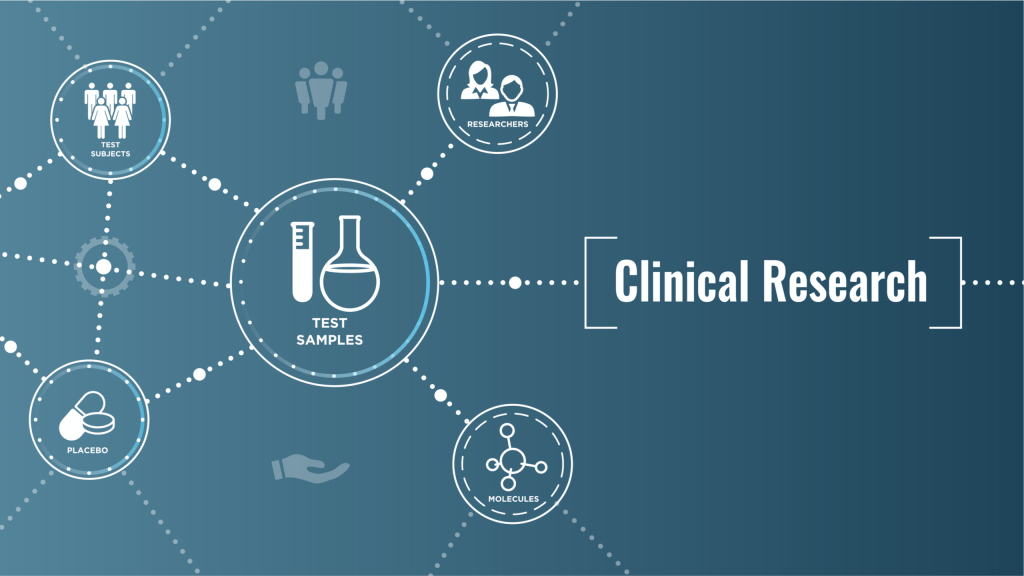Clinical Trials Newsflash – Effect of the COVID-19 virus outbreak

Clinical Trials Newsflash
- Very few new research projects on heart failure are likely to start until the COVID-19 virus pandemic is over
- Most existing clinical trials will stop enrolling new patients if this requires any face-to-face visits
- People who have already joined a clinical trial will be asked to continue only if it’s safe.
- Follow-up can often be done safely by telephone rather than visits to the clinic / hospital (which prevents any increased risk from COVID-19) when the trial involves
- A one-off procedure (device implanted or operation)
- An injection (for example of iron) only once or twice per year. Injections can be delayed for several months
- Approved medicines that can be obtained from a local pharmacy
- Research medicines that can be sent in the post
- If the trial requires participants to come to the hospital for extra visits, then the trial will usually be closed until the pandemic is over
There may be exceptions to this advice. You should contact your local research team if you are in doubt. It is possible that you are on a medicine that would not be safe to stop suddenly, so seek advice.
Many patients have participated for many years in many trials. It is important that their efforts are not wasted. We will come up with smart solutions to overcome these hurdles.
We also need to remember that may clinical research staff are now being drafted back into NHS work, so there is less research time available.
We would also like to let you know that the medical research community in the UK has acted very quickly in response to COVID-19. Research trials to find a way to beat COVID-19 are already underway. Astonishingly quick!
Prepared and reproduced with permission from
Professor John Cleland – University of Glasgow
Professor Mark Petrie – University of Glasgow
Dr Paul Kalra – Portsmouth NHS Trust
Dr Pierpaulo Pellicori – University of Glasgow

